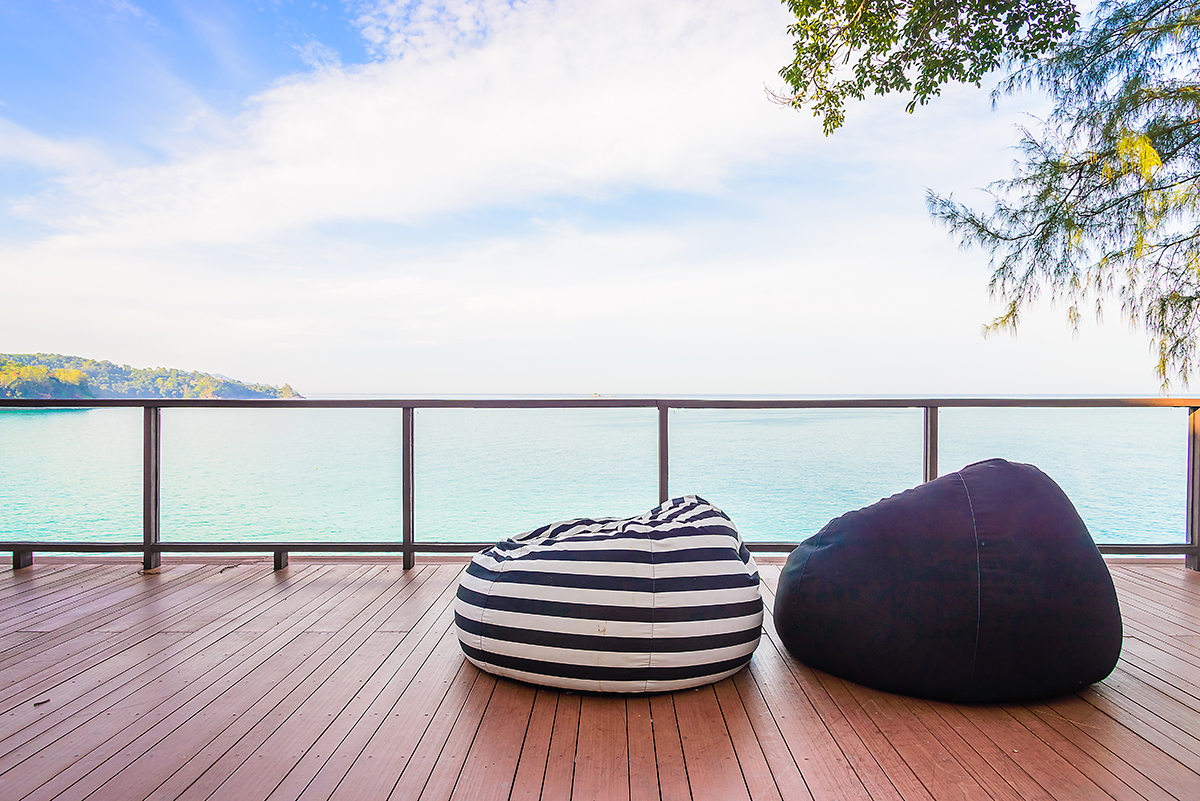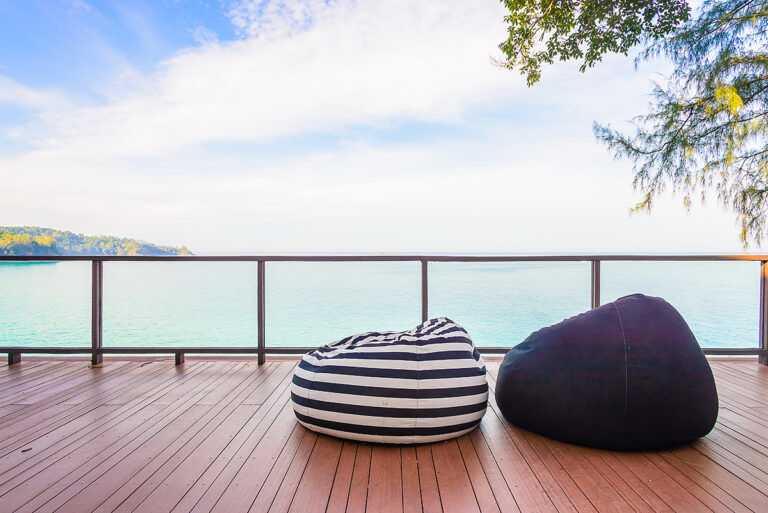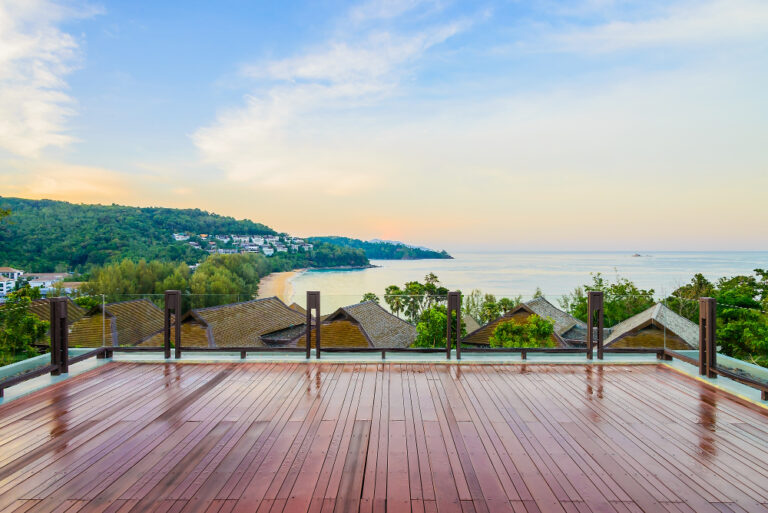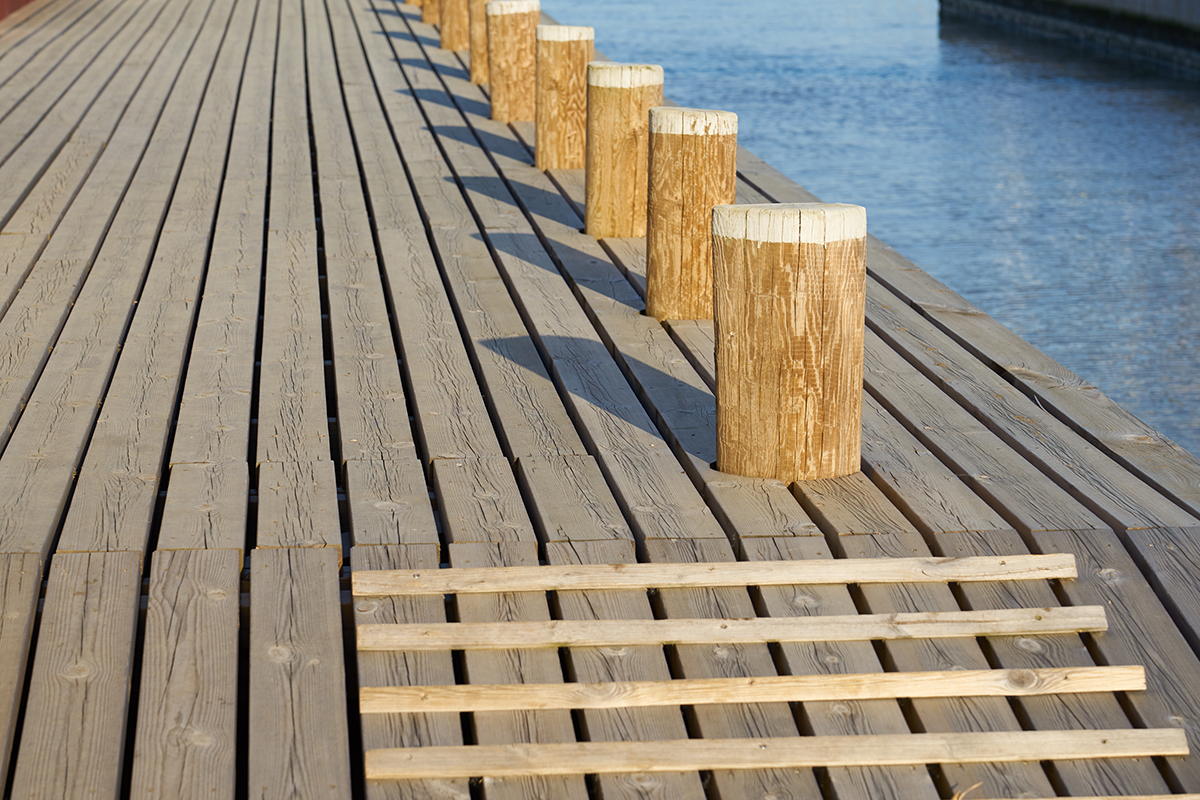
Sustainable Exotic Hardwood: How CITIES Listings Shape the Future of IPE and Cumaru
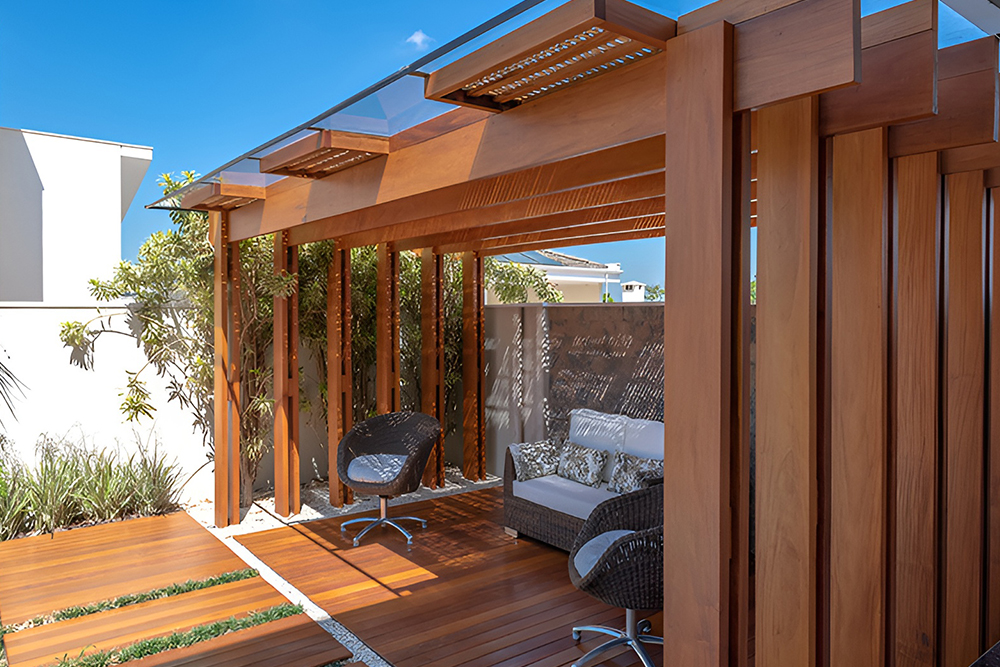
The timber industry faces an increasingly pressing requirement for sustainable practices and ethical sourcing as environmental conservation gains momentum worldwide. The upcoming inclusion of IPE and Cumaru in CITES (Convention on the International Trade of Endangered Species) Appendix II is a critical turning point in our shared commitment to protecting the planet’s valuable natural resources— ideals that Tropical Forest Products has always placed a high priority on.
Understanding the CITES Appendix II Listing for IPE and Cumaru
For those who do not know, CITES is a global agreement between states that attempts to guarantee that trade in wild animals and plants does not jeopardize their survival. An important step in safeguarding these species is the inclusion of IPE and Cumaru in CITES Appendix II, where they will be designated as “At Risk of Over Harvesting.” This means that without stringent traceability and government-monitored verification of their legitimate origins and sustainability, trade in these woods cannot take place.
What does this actually imply for customers and the timber sector? This categorization will make it difficult for illicit logging operations to exploit these resources. Moreover, it emphasizes sustainability in the timber industry—a cause Tropical Forest Products has always supported.
Tropical Forest Products’ Commitment to Sustainability
IPE and Cumaru’s pending classification in CITES Appendix II, which will take place in November, has the whole support of Tropical Forest Products. For us, this represents an expansion of our long-standing procedures rather than merely a new rule.
The cornerstone of our business operations is our Legal Lumber Due Care Compliance and “Wood is Good” branding, which guarantees that all of our timber products are obtained sustainably, ethically, legally, and in compliance with all international laws and regulations.
CITES compliance has always been a core component of our objective. Our satisfaction stems from offering premium wood products that enhance rather than harm the environment. We have put in place strict procedures to confirm the legality of every wood product we sell through our Legal Lumber Due Care program, guaranteeing a trustworthy and reliable supply chain for our clients.
Our “Wood is Good” campaign, which promotes wood as an organic and natural building material, embodies our dedication to sustainability. The CITES listings will provide even more credibility to the sustainably sourced and ethically sourced nature of these products.
The Environmental Impact of CITES Listings
There is no way to overestimate the positive environmental effects of IPE and Cumaru’s upcoming inclusion on CITES. Given that illegal logging is typically linked to deforestation, damage to habitats, and a reduction in the diversity of species, it poses a serious long-term threat to the world’s forests. CITES is consequently enforcing stronger regulations on the trade of certain species in an effort to try and avoid illicit events and guarantee that harvesting is done so as not to negatively affect the forests.
The CITES listing will not only prevent illegal logging but also promote more environmentally friendly forestry techniques. IPE and Cumaru should be harvested more slowly and in a controlled manner to allow forests to regrow. This would help these species flourish and help ecosystems that depend on them regain equilibrium.
By encouraging ethical sourcing and local extraction, this classification will also help to preserve the diversity of species worldwide. Not only are IPE and Cumaru tree species, they are also an integral part of the diversity within our ecosystem. The fact that these woods are to be protected by CITES is a good development because it guarantees the availability of the indicated resources going forward.
The Impact on Our Customers: Environmental Responsibility
Customers are at the heart of Tropical Forest Products’ commitment to sustainability. You know that when you buy wood products from us, you are encouraging ethical forestry practices that help preserve our natural resources. Our adherence to CITES guarantees that all of the IPE and Cumaru wood we supply is sourced lawfully, harvested responsibly, and traceable from forest floor to your door.
Legal Lumber by Tropical Forest Products actively informs specifiers and consumers about the environmental advantages of sustainable wood in addition to providing FSC®-certified hardwoods. To ensure that consumers are aware of the ecological significance of the forests from which these items are sourced, the brand supports responsible forestry and emphasizes wood’s status as the only resource in the world that is really renewable.
This translates to peace of mind for our clients. The wood items you receive from us are of the finest quality and benefit the planet’s long-term health. Given that consumers nowadays are increasingly aware of the environmental effects of their purchasing, we believe that this is a value they would particularly enjoy.
This is also the time to investigate alternative viable species in addition to IPE and Cumaru. Tropical Forest Products is pleased to provide a range of wood choices, including the less recognized but incredibly resilient Garapa wood. Because Garapa trees are inherently resistant to insects and decay, they are an excellent choice for outdoor projects.
Apart from spearheading advancements in wood technologies, we also provide commodities like bamboo, as a rapidly renewable resource that is more than just eco-friendly, and thermally modified wood species like Ash, Pine, Obeche, etc. These inventive replacements demonstrate how committed we are to the goals of expanding the range of material applications and promoting the use of renewable resources in building and architecture.
Choosing Wood Over Non-Renewable Alternatives
IPE and Cumaru’s impending inclusion in the CITES is a big step toward sustainable forestry, but there may be a drawback: it might encourage certain customers to use non-renewable building materials like PVC and plastic composites. Despite their seeming convenience, these materials are not at all eco-friendly. They can have major detrimental effects on the environment during production, and unlike wood, they are neither renewable nor recyclable.
Wood is perhaps one of the most environmentally friendly building materials, provided it is collected and used responsibly. Compared to materials like plastic and PVC, it is a renewable resource with a significantly lower environmental impact. Aside from that, wood connects humans to the environment in a way that plastic cannot, despite the fact that synthetic materials are more inventive. It is a common, living material that represents the diversity and wonder of our planet.
Conclusion: Building a Sustainable Future with Tropical Forest Products
At Tropical Forest Products, our entire operation is centered around sustainability. We continue to be committed to the responsible sourcing of our products and the preservation of our environment in light of IPE and Cumaru’s upcoming CITES listing. Choosing our goods not only guarantees the visibility of the greatest quality; it also means the protection of forests and wood as a renewable global resource.
We encourage you to use wood items that help create a more sustainable future to help us conserve the planet’s natural resources. One tree at a time, we can collectively create a brighter tomorrow.

About the Author
Meet Brian Lotz, General Manager of US Operations, Technical and Environmental Compliance Director for Tropical Forest Products and industry Influencer. With over 40 years of experience in the exotic hardwood business, Brian brings a wealth of knowledge that enhances the company’s commitment to sustainability within the imported and domestic hardwood industry. Brian was responsible for spearheading the 38th FSC Chain of Custody Certification for his company in North America, the Fields to Forests Tropical Reforestation Program and the TFP Legal Lumber “Due Care” Compliance Program. As we explore the impact of super-durable tropical hardwoods on multiple industries, Brian’s insight offers a unique lens, underscoring the harmonious interplay between skillful artisanship, biophilic design and sustainable ethos.

Receive The Latest News
Subscribe To Our Weekly Newsletter

- OUR LOCATIONS
- CONTACT US
- SIGN UP
Stay informed about the latest offers, products and sales
- FIND US
- CONTACT US
- SIGN UP

